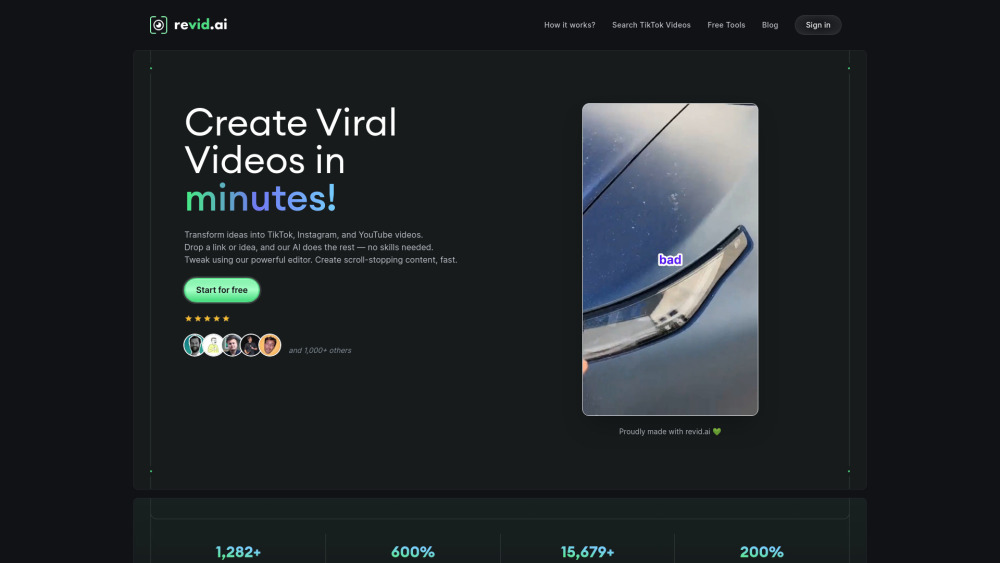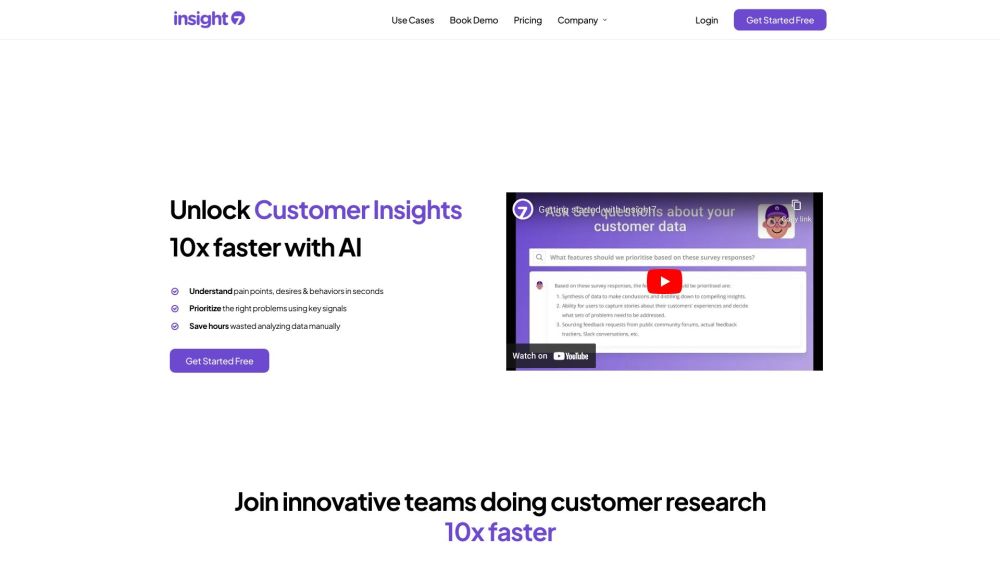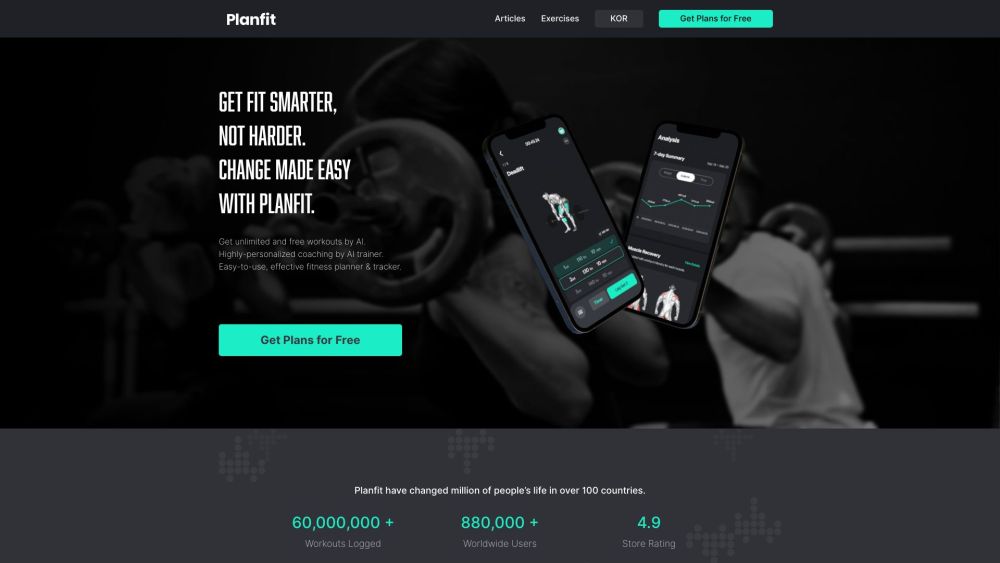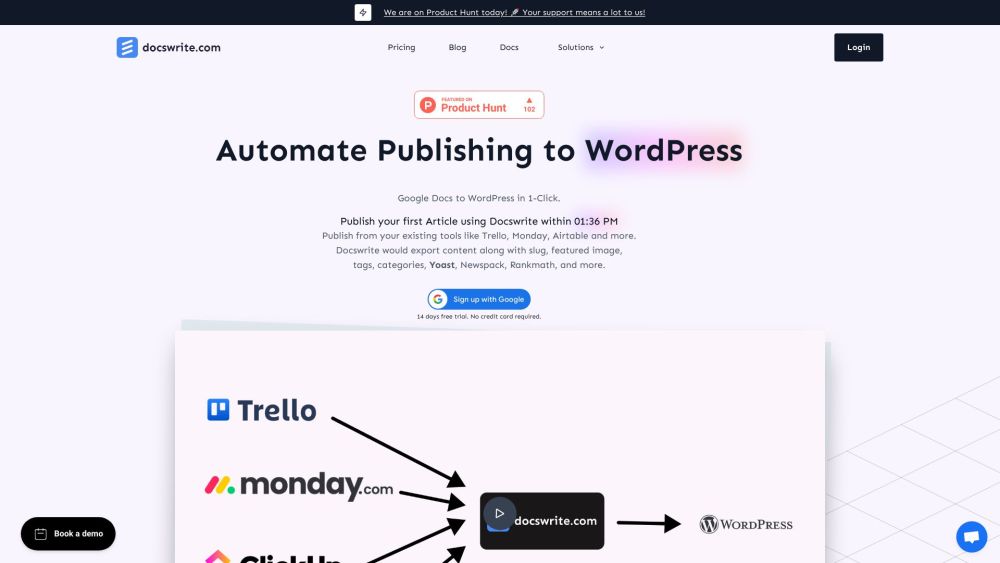An online retailer recently transformed its operations by implementing artificial intelligence (AI) for customer support. Realizing they no longer needed a costly local workforce, they deployed AI bots as the first tier of support, while an offshore team handled escalations as the second tier. This shift significantly reduced operational costs, but it also led to declines in service quality and sales.
This scenario highlights a growing trend discussed in boardrooms, conferences, and industry events: executives are eager to replace employees—who require benefits, vacations, and professional development—with AI solutions. It's time we address this issue.
AI's Impact on Jobs
Roles at risk of automation include customer support agents, software developers, copywriters, marketing managers, and even CEOs, as reported by The New York Times. However, I am not overly concerned because, as CEOs, we retain the authority to decide who works alongside AI.
Let’s Augment, Not Replace
As a CEO, I acknowledge that 75% to 90% of my daily responsibilities can be automated by AI. Tasks like data collection, analysis, and decision-making are where AI excels. The remaining 10% to 25% includes vital human attributes such as empathy, accountability, vision, and inspiration. I would prefer to devote more time to these essential elements and invest in appreciating my team.
In my role as a software engineer, I've experienced a split responsibility in my daily tasks. Most employees likely share a similar sentiment; they would appreciate more time for creative and meaningful work. AI should enhance our work experience, not replace us.
3 Actions for CEOs and Leaders
1. Reduce Workloads and Workweeks
Burnout is escalating, hindering productivity and increasing turnover. By utilizing AI to enhance efficiency, we can give employees more leisure time without compromising output. It's essential to prioritize co-pilot AI tools that improve productivity rather than seeking total automation, such as the highly promoted Devin, an autonomous AI software engineer. A pipeline of junior employees is crucial for developing competent senior staff.
2. Refocus Responsibilities
With AI managing repetitive tasks, teams can engage in more creative and strategic work. Redefining job roles will allow for a greater focus on relationship-building and soft skill development. AI can assist in identifying insights from existing data to optimize hiring and nurturing the right talent, ultimately enhancing job performance and employee satisfaction.
3. Maintain Competitive Compensation
While it may seem counterintuitive to reduce workloads while keeping or increasing pay, leveraging AI to analyze compensation trends can help establish competitive packages that improve recruitment and retention. Pay remains essential, but intangible benefits such as work flexibility, autonomy, and a supportive environment are equally important for employee satisfaction.
The Path Forward
Is it overly ambitious to use AI for augmentation rather than replacement? Will shareholder-driven companies reject this approach due to market pressures? Unfortunately, the short-term focus often prioritizes efficiency over employee well-being.
However, effective leadership—an invaluable quality beyond AI's capabilities—remains essential for organizational success. A good leader recognizes that people are irreplaceable. Instead of replacing employees, AI should empower them, enabling greater creative productivity and enhancing their overall quality of life.
As we navigate the integration of AI in the workplace, we must shift the conversation from elimination to enhancement. The focus should not be on replacing human employees but rather on leveraging AI to foster productivity and improve employee experiences.
About the Author
Gershon Goren is the founder and CEO of Cangrade. He advocates for a balanced approach to AI integration in the workforce.
For More Insights
Join the DataDecisionMakers community for cutting-edge ideas and discussions on data innovation and best practices. Consider contributing your insights to the conversation!




